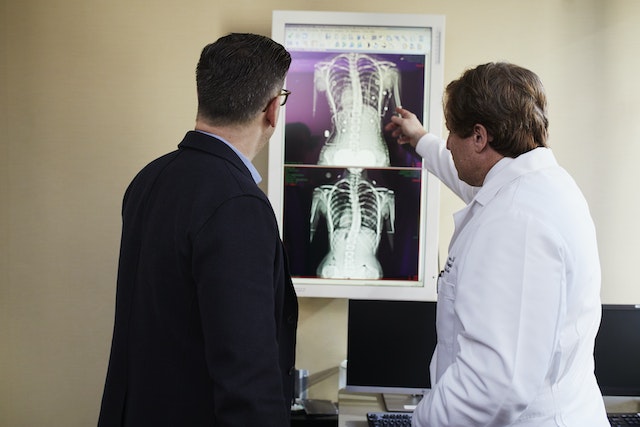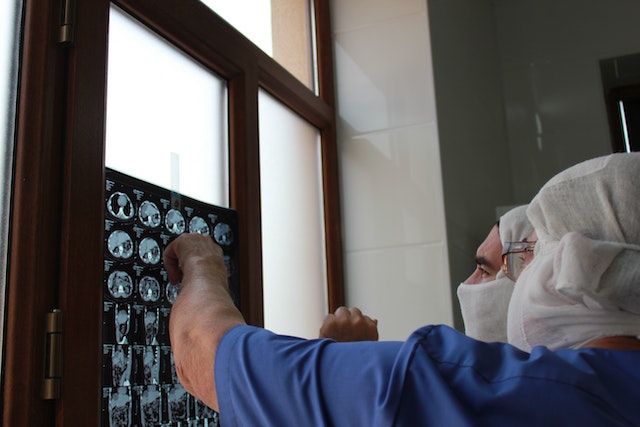How Can Hospitals Promote Mental Wellness for their Workers?
When we visit a hospital, we are thinking about illnesses, injuries, and emergencies. Whether it be ourselves, or someone we love, a hospital is a place for fixing the physical problems we have. We take comfort in the fact that when we visit, we will be taken care of. This comfort is possible because of the workers that run a hospital. Doctors, nurses, assistants and myriad medical staff keep watch while we are mended. What we don’t think about when we are visiting a hospital is the mental health of those very workers. Not that it was a cake walk before the pandemic, but since COVID, healthcare workers have been under tremendous stress.
Since May is mental health awareness month, let’s turn our thoughts to the mental health of our healthcare providers and how their own workplaces can serve them so they, too, can stay healthy and happy.
Pandemic-induced burnout for medical professionals is a very real thing, says Healthcaredive, especially for female and infectious disease healthcare workers. Temporary nurses, cross-training staff, and “redeploying” office staff are just a few of the measures healthcare facilities have had to face due to burnout. This has led to a bulletin by the Joint Commission to encourage healthcare facilities to provide more mental health services, such as transparent communication within the workplace, says the article. The more open staff can be with each other, the better, says the article.

Combating Mental Burnout Through Design
Another way to combat mental burnout at work is to design healthcare facilities to already foster employee wellbeing, says Harvard Business Review. Record-high rates of anxiety and depression have run rampant among healthcare workers since the pandemic began, says the article, turning it into not only a problem, but a crisis. Making a healthcare facility to foster mental health was once designed only for patients, but now, it’s for the workers as well. At Massachusetts General Hospital, the Lunder Building offers what seems like simple tweaks to the everyday work environment but, in fact, turn out to be game changers. The building features staff-only stairwells with access to ample sunlight; a place where staff can come to be “alone together,” as well as decompress throughout the day. They also used sound-absorbing materials to create quieter sections in the building, which not only reduces stress, but aids in recovery, says the article. Noise minimizing extras like sliding doors and distanced elevators away from patient rooms were also added. Measures like this can help staff feel they are in a workplace that cares about them as well as the patients they serve.
Raising Awareness for Healthcare Workers
The National Institute for Occupational Safety and Health (NIOSH) is also working to address mental health for healthcare workers by raising awareness. Their aim is to lessen the stigma of seeking and receiving mental health care, improve screening tools, resources, and policies within facilities, says the CDC. They also aim to eliminate barriers to finding mental health care. No longer are the days of hiding mental burdens. It’s become widely accepted to seek therapy, talk to fellow co-workers, and take breaks.

This month serves as an important reminder to take care of yourself and others when it comes to mental health. Healthcare workers may seem like superheroes (and they are), but they’re also just people who do extraordinary things. Let’s be aware of mental health not only this month, but during every month to help the people that help us.
Finding a Better Work Life Balance as a Healthcare Worker
If you’re a doctor, nurse practitioner, or medical assistant seeking a better work-life balance, we totally understand. Good mental health is essential for your overall well-being. Momentum Healthcare Staffing can match you with the career that fits your requirements for a balanced life. Search our job boards for both permanent and Locums Tenens positions at a variety of healthcare facilities.



































Recent Comments